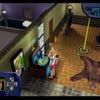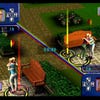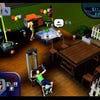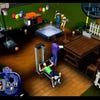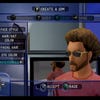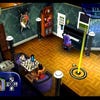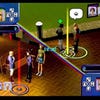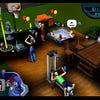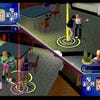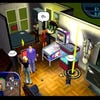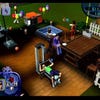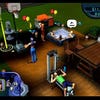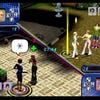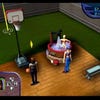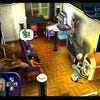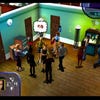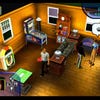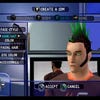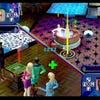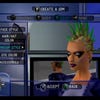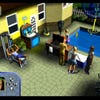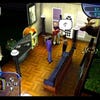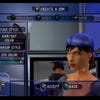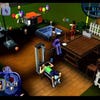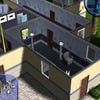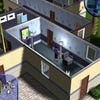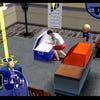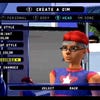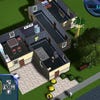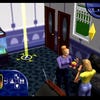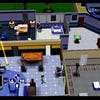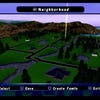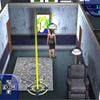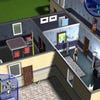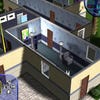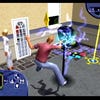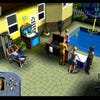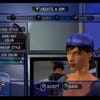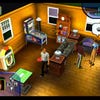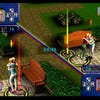The Will Wright Stuff
Was Spore a success? What has The Sims become? And more.
Will Wright, the man who created the best-selling PC game series of all-time, is wearing a leather jacket and smoking a cigarette outside Chaplin Theatre in Raleigh Studios, Los Angeles. He has just delivered a BAFTA-sponsored blow-by-blow account of his illustrious career, dissecting PC classics SimCity, SimAnt, The Sims and Spore and revealing his musical preferences (seventies rock, in case you were wondering).
He comes across as the Stephen Fry of games development: a man quite obviously smarter than you but instantly, irresistibly loveable. He is able to explain the complex systems underpinning his simulation games with an effortless eloquence. The overall impression is that his brain can access vast stores of information just as fast as the computers powering his games.
Having left Electronic Arts in April 2009, today Wright is at the helm of a start-up called Stupid Fun Club, creating ground-breaking TV shows and sculpting toys. But he retains a soft spot for games, and that's where we start.
My games really are a lot more about play than about game. They feel more like play spaces than games, for the most part. They also involve the player in a lot of creative decision making, as opposed to forcing you to learn skills right off the bat.
I tend to get people very involved in creatively inputting themselves into the game, or engaging with the game, and then later bring in skills and strategies.
It's hard to say. I'm really proud of the community that grew up around The Sims. It was a very supportive community, a very vibrant community. That was a big part of the success of the game.
I was very proud of what the team accomplished in Spore, because we built so many revolutionary new things to get that game out. I'm very proud of that technologically.
SimCity, in some sense I was very impressed with the players. They took SimCity exactly as it was intended, which was to sit back and think about the built environment, how cities grow and how they operate.
It was surprising that so many people were as fascinated with it as I was. That impressed me. That taught me never to underestimate the intelligence of my audience.
I would take Spore. I never even managed to scratch the surface of playing the space game in Spore, in all the testing we did. There are things hidden in there... We have Earth hidden in Spore, if you can find it. It's hard to find. We had two million stars.
"There are things hidden in there... we have Earth hidden in Spore, if you can find it. "
We missed the mark in terms of the depth of the gameplay, but as a designer I understand the game people were expecting would have been impossible to build.
If you had fundamental things happening at the cellular stage that were impacting you at the last stage of the game, 95 per cent of the game space you would have found yourself in would have been absolutely unplayable. So as a designer I understand that was an impossible task.
The content tools were phenomenal. We saw amazing pieces of content. I'm just hoping that EA finds an interesting way to leverage that technology and the content people have already built in Spore. That still represents a huge, unrealised potential.
I don't tend to think of it in those terms. For every game I've learned something pretty major I've carried forward. From SimEarth I learned to put the player first and not the simulation. From SimAnt I learned not to misgauge your audience and shoot for a particular group, when in fact you can hit a totally different group. I learned things from The Sims as well.
So every single game, I learn and move forward. The same with Spore.


